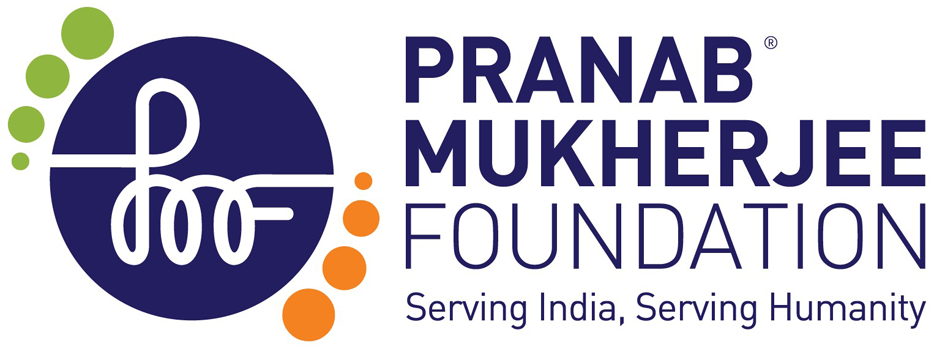Role of Media
The Press and the media are considered to be the fourth pillar of democracy. It wields extraordinary powers of not only holding the other three pillars accountable but also influencing and shaping public opinion like no other institution can. This enormous power puts huge responsibility for accountability and credibility on the media.
I will be failing in my duties as an Indian citizen if I do not point out that all is not well in the media industry. Selective, orchestrated, one-sided, out of context, or motivated reporting and display, aimed at pushing the partisan agendas of one group or the other cannot or should not ever be the nature and character of Journalism. Whatever is one’s personal belief, or ideological position, Journalists, like civil servants can never let their biases colour the news that is being reported.
We are living in times when the essential distinction between views and news, opinions and objectivity is fast blurring. While media organizations cannot compromise in their basic role of watchdogs of our society, polity and economy, at the same time they cannot criticize just for the sake of criticizing. Similarly, in the name of highlighting ‘positive news’, they cannot become the mouthpiece of the government or a corporate house. The press will be failing in its duty if it does not pose questions to the powers that be, and distinguish the frivolous from the factual and publicity from reportage.
The media has an important role to play in cleansing public life. For this the conduct of the media itself should be above board. The highest standards of ethics must be maintained at all times. Sensationalism should never become a substitute for objective assessment and truthful reporting. Gossip and speculation should not replace hard facts.
Integrity and independence are two sides of the same coin and both must be equally important for our media and for every one of us. There should be a recognition that the media is accountable to its readers and viewers at large and through them to the entire nation.
This is a tremendous challenge for the media and one that it must stand up to. It must resist the temptation to take the path of least resistance which is to allow a dominant viewpoint to prevail without questioning it or allowing others the opportunity to question it.
Media must learn the art of withstanding pulls and pressures, as also inducements, without sacrificing its commitment to free and fair reportage and always remain on guard against conformity.
The question that faces all of us including the media is whether we will choose to define ourselves as a nation enriched by the diversity of views or allow partisan views to dominate our national narrative? The plurality of opinions is what breathes life into our democracy and we must always remember that democracy will cease to exist when we do not hear voices other than our own.






